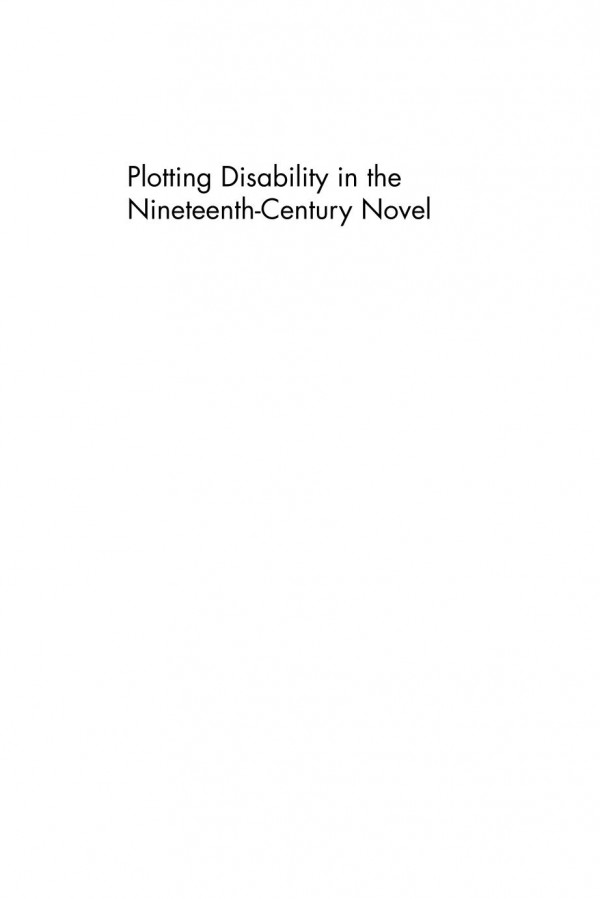

Most ebook files are in PDF format, so you can easily read them using various software such as Foxit Reader or directly on the Google Chrome browser.
Some ebook files are released by publishers in other formats such as .awz, .mobi, .epub, .fb2, etc. You may need to install specific software to read these formats on mobile/PC, such as Calibre.
Please read the tutorial at this link: https://ebookbell.com/faq
We offer FREE conversion to the popular formats you request; however, this may take some time. Therefore, right after payment, please email us, and we will try to provide the service as quickly as possible.
For some exceptional file formats or broken links (if any), please refrain from opening any disputes. Instead, email us first, and we will try to assist within a maximum of 6 hours.
EbookBell Team

0.0
0 reviewsThis book takes an exciting new approach to characterisation and plot in the Victorian novel, examining the vital narrative work performed by disabled characters. It demonstrates the centrality of disability to the Victorian novel, showing how attention to disability sheds new light on texts’ arrangement and use of bodies. It also argues that the representation of the disabled body shaped and signalled different generic traditions in nineteenth-century fiction. This wide-ranging study offers new readings of major writers including Charles Dickens, Wilkie Collins, George Eliot and Henry James, as well as exploring lesser known writers such as Charlotte M. Yonge and Dinah Mulock Craik.